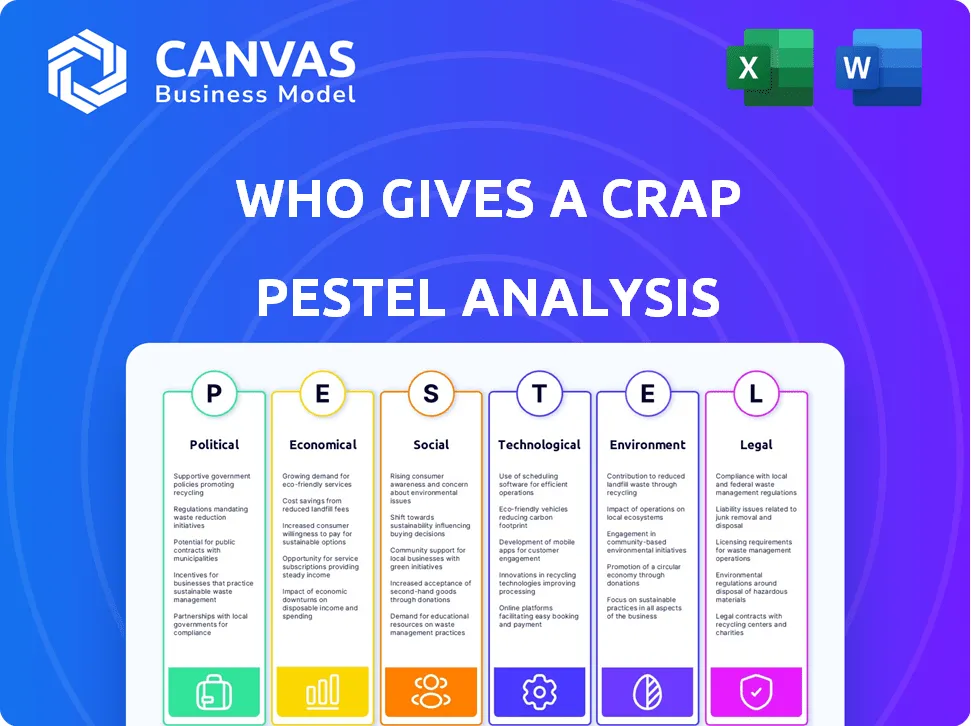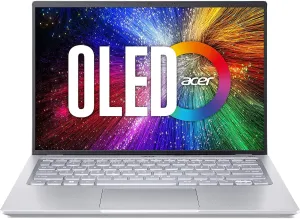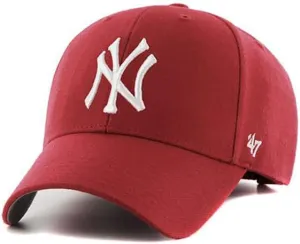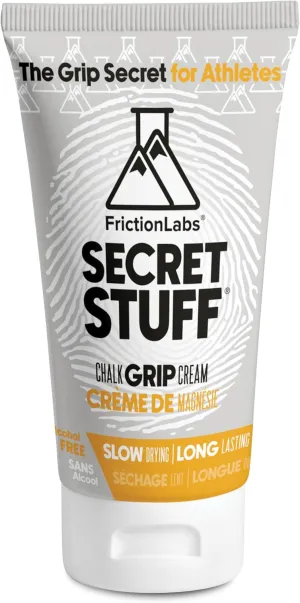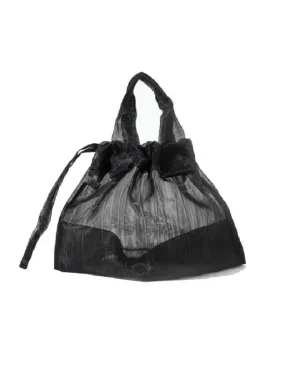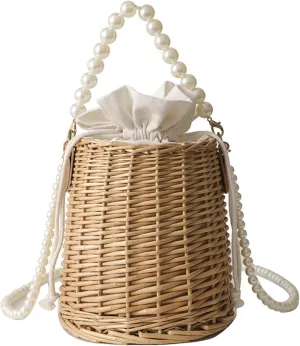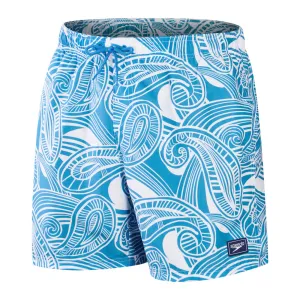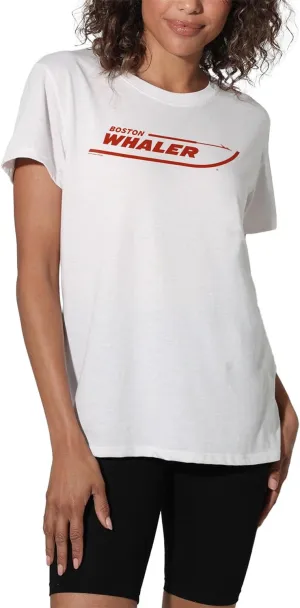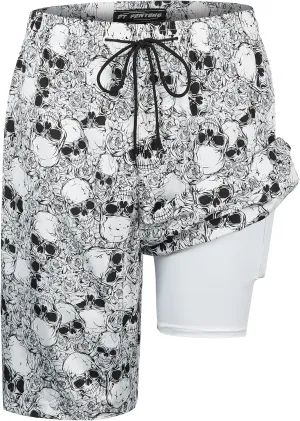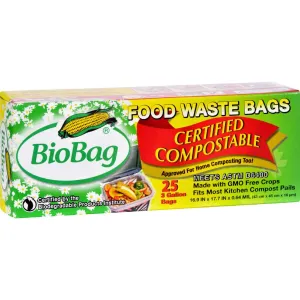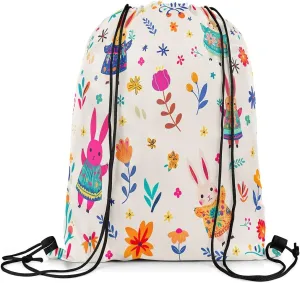In a world increasingly aware of its ecological footprint, Who Gives a Crap emerges as a trailblazer, offering sustainable alternatives in personal hygiene products. But what fuels this innovative startup? Through a comprehensive PESTLE analysis, we delve into the political, economic, sociological, technological, legal, and environmental factors shaping the landscape in which this eco-friendly powerhouse operates. Discover how they navigate challenges and seize opportunities in their quest for a greener planet.
PESTLE Analysis: Political factors
Support for sustainable products through government policies
In Australia, the government has set a target for reducing greenhouse gas emissions to 26-28% below 2005 levels by 2030 as part of its commitment to the Paris Agreement. This includes support for sustainable products through policies that promote environmentally friendly alternatives. The Australian packaging waste target of 70% by 2025 aligns with initiatives supporting companies like Who Gives a Crap in their sustainable practices.
Regulations on deforestation and waste management
The Environmental Protection and Biodiversity Conservation Act 1999 (EPBC Act) provides a framework for assessing the environmental impacts of activities that may affect threatened species and ecological communities, which directly influences regulations on deforestation. In 2022, it was reported that approximately 70% of deforestation events in Australia were linked to agricultural practices, leading to increased stringent regulations aimed at conservation efforts.
Tax incentives for eco-friendly businesses
The Australian government provides tax incentives to eco-friendly businesses, including the Small Business Energy Efficiency Program, which offers grants of up to AUD 50,000 for energy-efficient improvements. In 2021, about 15,000 businesses took advantage of sustainability-related tax deductions, highlighting the growing recognition of environmental benefits.
Growing concern over environmental issues among legislators
In the 2021 Federal Election, more than 80% of voters indicated that climate change was a significant issue influencing their vote, resulting in a shift in policy focus among legislators. This has led to the introduction of various bills aimed at promoting sustainable practices among consumer goods companies, particularly for those involved in products like toilet paper that have a substantial environmental footprint.
Government campaigns promoting recycling and sustainability
The Australian Government has invested over AUD 1 billion in the Recycling Modernisation Fund as part of its National Waste Policy, which aims to increase recycling rates and reduce waste. These campaigns have mobilized community initiatives, including the "Love Food Hate Waste" campaign, designed to educate citizens on waste reduction and recycling efforts.
| Factor | Details | Relevance to Who Gives a Crap |
|---|---|---|
| Government Policies | Target: 26-28% reduction in emissions by 2030 | Supports sustainable product offerings |
| Deforestation Regulations | EPBC Act 1999 70% of deforestation from agriculture | Impacts sourcing of raw materials |
| Tax Incentives | Up to AUD 50,000 available through the Small Business Energy Efficiency Program | Reduces operational costs for eco-friendly initiatives |
| Environmental Concerns | 80% of voters prioritize climate change | Increases demand for sustainable brands |
| Recycling Campaigns | AUD 1 billion investment in the Recycling Modernisation Fund | Encourages consumer recycling participation |
[cbm_pestel_top]
PESTLE Analysis: Economic factors
Increasing consumer demand for sustainable products
The global market for sustainable products was valued at approximately $10.6 trillion in 2020 and is projected to reach $41.7 trillion by 2027, growing at a CAGR of 20.4% from 2021 to 2027. This upward trend indicates a significant shift towards sustainability among consumers.
Impact of economic downturns on luxury spending
During the COVID-19 pandemic, a survey indicated that 80% of consumers in the luxury sector reduced or halted spending. The global luxury goods market saw a decline of 23% in 2020, reaching a value of $283 billion. In contrast, sustainable goods maintained a growth trajectory, suggesting a shift in consumer preference.
Cost fluctuations in raw materials (bamboo, recycled paper)
The price of bamboo increased by approximately 10-20% in 2021 due to supply chain disruptions. Meanwhile, recycled paper prices averaged around $116 per ton in 2021, up from $80 per ton in 2019, reflecting a 45% increase over two years.
Growth of e-commerce impacting distribution channels
The global e-commerce market was valued at approximately $4.28 trillion in 2020 and is expected to grow to $6.39 trillion by 2024, representing a CAGR of 10.4%. This growth facilitates direct-to-consumer sales for brands like Who Gives a Crap, enhancing their market reach and customer access.
Potential for premium pricing due to ethical branding
Products marketed with strong ethical branding can command a price premium. Studies indicate that consumers are willing to pay up to 20-30% more for sustainably sourced products. Who Gives a Crap positions its products at a premium price point, averaging $1.35 per roll for toilet paper compared to conventional brands priced around $0.50 per roll.
| Factor | Data | Year |
|---|---|---|
| Global market value for sustainable products | $10.6 trillion | 2020 |
| Projected market value for sustainable products | $41.7 trillion | 2027 |
| Luxury market decline | 23% | 2020 |
| Bamboo price increase | 10-20% | 2021 |
| Recycled paper price average | $116 per ton | 2021 |
| Global e-commerce market value | $4.28 trillion | 2020 |
| Projected e-commerce market value | $6.39 trillion | 2024 |
| Willingness to pay for ethical products | 20-30% | Recent |
| Who Gives a Crap toilet paper price | $1.35 per roll | Recent |
| Conventional toilet paper price | $0.50 per roll | Recent |
PESTLE Analysis: Social factors
Rising awareness of environmental issues among consumers
The increasing recognition of environmental sustainability is influencing consumer preferences significantly. According to a 2021 survey by IBM, approximately 70% of consumers in the United States reported that they would pay an extra 35% for products from sustainable brands.
Shift towards ethical consumerism and sustainability
Data from the Global Consumer Insights Survey 2021 by PwC indicated that 59% of global consumers stated that they would like to buy more environmentally friendly products moving forward. Approximately 58% of millennials are noted to reflect this shift toward ethical consumerism. Ethical consumerism is now a key purchasing decision factor for many.
Health consciousness driving preference for eco-friendly products
A report published by Grand View Research in 2022 estimated that the global eco-friendly products market is expected to reach USD 150 billion by 2027, expanding at a CAGR of 9.6% from 2020 to 2027. The demand for products that are free from harmful chemicals has spurred the growth of eco-friendly toilet paper and household goods.
Influence of social media on consumer choices
Social media platforms serve as crucial influencers of buying behavior. In 2021, 54% of consumers globally reported that they have purchased a product after seeing it promoted on social media. Additionally, campaigns on platforms like Instagram and Facebook have led to increased sales volumes for sustainable brands, with engagement rates notably higher than those of traditional advertising mediums.
Community engagement through donations to sanitation projects
Who Gives a Crap’s commitment to social causes is illustrated by its business model, where 50% of profits are donated to help build toilets for those in need. As of 2023, they have distributed over AUD 5 million to sanitation projects worldwide. This not only elevates their brand image but also aligns with the values of socially-conscious consumers.
| Social Factor | Statistical Data | Implication |
|---|---|---|
| Rising awareness of environmental issues | 70% consumers willing to pay more for sustainable products | Higher demand for ethical brands |
| Shift towards ethical consumerism | 59% consumers want more eco-friendly options | Increase in purchases from sustainable brands |
| Health consciousness | Global eco-friendly products market to reach USD 150 billion by 2027 | Growth in eco-friendly goods market |
| Social media influence | 54% consumers purchased products seen on social media | Social media as a driver for sales |
| Community engagement | AUD 5 million donated to sanitation projects | Strengthens brand loyalty and ethical stance |
PESTLE Analysis: Technological factors
Innovations in sustainable packaging methods
Who Gives a Crap focuses on sustainable packaging by utilizing materials that are recyclable and made from post-consumer waste. The company reports that approximately 100% of its packaging is compostable or recyclable. This approach reduces plastic use significantly, with estimates indicating a possible reduction of 2 million plastic bags since inception.
Advances in production technologies for recycled materials
The company's production process for recycled toilet paper incorporates state-of-the-art technologies that enhance the efficiency of material recovery. Technologies adopted include the use of chemical recycling methods and advanced pulping systems, which can lead to a decrease in energy consumption by 30%. It is estimated that the use of recycled materials reduces greenhouse gas emissions by around 3.3 million tons yearly across the industry.
E-commerce platforms enhancing customer reach
Who Gives a Crap has successfully utilized e-commerce platforms, witnessing a revenue growth of 400% from 2020 to 2021, largely attributed to online sales strategies. Stats reveal that e-commerce accounts for around 70% of their total sales in Australia, aligned with a global shift towards online shopping.
Development of biodegradable alternatives
The company has been at the forefront of developing biodegradable alternatives for bathroom products. Their toilet paper and tissue products break down within 90 days in compostable conditions, a technology that is pivotal in their product differentiation. This positions them within a market projected to reach USD 16.58 billion for biodegradable products by 2027.
Use of data analytics for targeted marketing
Data analytics plays a crucial role in Who Gives a Crap's marketing strategies. Utilizing customer data gained from surveys and purchase patterns, the company has managed to increase retention rates by 25% and target campaigns effectively, with their return on marketing investment estimated at 400%.
| Aspect | Details |
|---|---|
| Sustainable Packaging | 100% compostable or recyclable |
| Plastic Reduction | 2 million plastic bags eliminated |
| Energy Consumption Reduction | 30% decrease in energy usage |
| Greenhouse Gas Emission Reduction | 3.3 million tons yearly |
| 2020-2021 Revenue Growth | 400% increase |
| E-commerce Sales Percentage | 70% of total sales |
| Biodegradable Breakdown Time | 90 days |
| Biodegradable Market Projection | USD 16.58 billion by 2027 |
| Customer Retention Increase | 25% increase |
| Return on Marketing Investment | 400% |
PESTLE Analysis: Legal factors
Compliance with environmental protection laws
The Australian government has stringent environmental protection laws, shaped by legislation such as the Environment Protection and Biodiversity Conservation Act 1999 (EPBC Act). Companies are required to adhere to these laws for sustainable practices. The cost of compliance can reach up to $50,000 annually for small businesses.
Intellectual property concerns regarding product design
Who Gives a Crap must navigate intellectual property issues, particularly concerning trademarks and design patents. The average cost to obtain a trademark in Australia is between $200 and $2,000, depending on the complexity. In 2022, patent litigation costs escalated, averaging about $2 million per case.
Liability laws related to product safety and quality
Under the Australian Consumer Law, companies can face significant penalties for safety breaches. The maximum penalty for misleading conduct can exceed $1.1 million for corporations. According to the Australian Competition and Consumer Commission (ACCC), product recalls led to financial losses exceeding $100 million annually in the consumable goods sector.
Labeling requirements for sustainable and eco-friendly products
Products marketed as eco-friendly must comply with the Australian Competition and Consumer Commission's (ACCC) guidelines for environmental claims. Non-compliance could result in fines up to $1.1 million. Labeling costs for sustainable products can average around $0.50 to $2.00 per unit, impacting overall pricing strategies.
Import/export regulations for raw materials
Who Gives a Crap relies on various raw materials, necessitating compliance with import/export regulations. The average tariff on pulp and paper products in Australia is approximately 5%. Furthermore, shipping and customs fees can amount to $4,000 for a standard container, directly affecting production costs.
| Legal Factor | Details | Financial Implications |
|---|---|---|
| Environmental Compliance | EPBC Act 1999 | $50,000 annually |
| Intellectual Property | Trademark Costs | $200 - $2,000 |
| Product Safety Liability | Penalties for Breach | Up to $1.1 million |
| Labeling Requirements | Environmental Claims Compliance | Fines up to $1.1 million |
| Import/Export Regulations | Average Tariff | 5% |
PESTLE Analysis: Environmental factors
Commitment to reducing plastic waste in products
Who Gives a Crap has committed to minimizing plastic usage across its product lines. By 2023, they have eliminated over 31 million plastic wrapping from their products, primarily through the transition to 100% recycled paper packaging. In doing so, they have contributed to a reduction of approximately 1,120 tons of plastic waste.
Sourcing materials from sustainable forests
The company sources its paper from sustainably managed forests. According to their reports, 100% of the virgin fiber used in their products comes from trees that are certified by either the Forest Stewardship Council (FSC) or similar certifications. In 2022, Who Gives a Crap reported that 75% of their products were made from recycled materials.
| Material Type | Percentage of Total Products | Yearly Growth in Use |
|---|---|---|
| Recycled Paper | 75% | 10% |
| FSC Certified Virgin Fiber | 25% | 15% |
Initiatives for carbon neutrality in production processes
Who Gives a Crap aims for carbon neutrality in its production processes. The company has partnered with Carbon Neutral Australia to offset its carbon emissions. In their latest assessment, they calculated a total carbon footprint of 5,000 tons of CO2 emissions per year, with plans to offset these through verified projects, such as reforestation and renewable energy initiatives.
Contributions to global reforestation efforts
As of 2023, Who Gives a Crap has funded the planting of over 2.4 million trees globally through their partnerships with various environmental organizations. Their contribution finances several reforestation projects across countries like Madagascar, Australia, and Indonesia.
| Country | Trees Planted | Partnership Organization |
|---|---|---|
| Madagascar | 1,500,000 | One Tree Planted |
| Australia | 600,000 | Greening Australia |
| Indonesia | 300,000 | Ecologi |
Awareness of the life cycle impact of products on ecosystems
Who Gives a Crap emphasizes awareness about the life cycle impacts of their products. Their assessments indicate that each roll of toilet paper contributes significantly less to deforestation and pollution when compared to traditional brands. In 2021, they reported that switching to their products could potentially save about 27,000 gallons of water and reduce CO2 emissions by approximately 1.5 tons per household annually.
In a world where sustainability is becoming increasingly vital, Who Gives a Crap stands out as a shining example of a company aligning with positive political, economic, sociological, technological, legal, and environmental dynamics. By tapping into the growing consumer demand for ethical products, navigating the complexities of regulations, and leveraging technological innovations, it continues to transform the market for everyday essentials. As we look ahead, the commitment to sustainability and responsible business practices not only enhances their brand but also contributes significantly to a healthier planet, inspiring others in the industry to follow suit.
[cbm_pestel_bottom]

